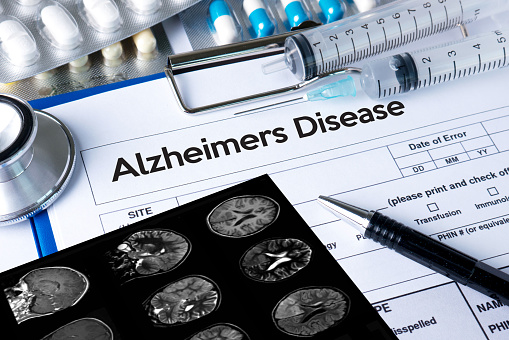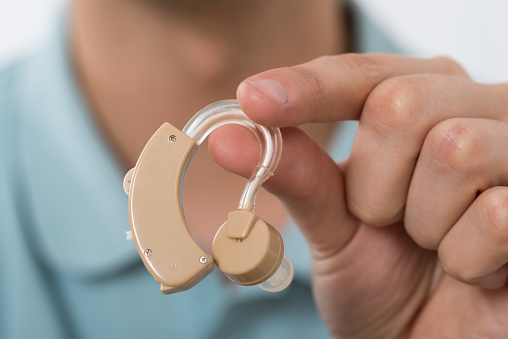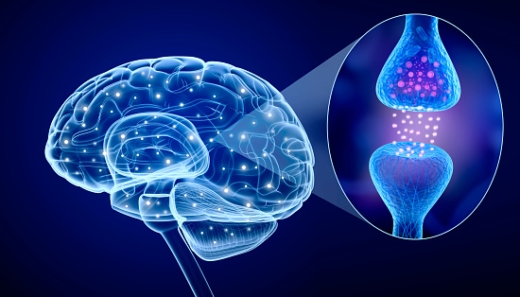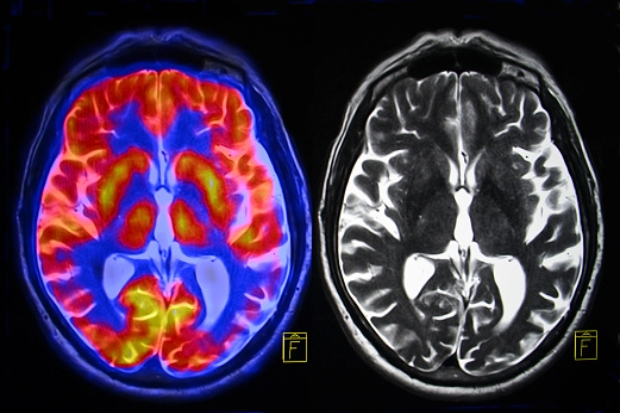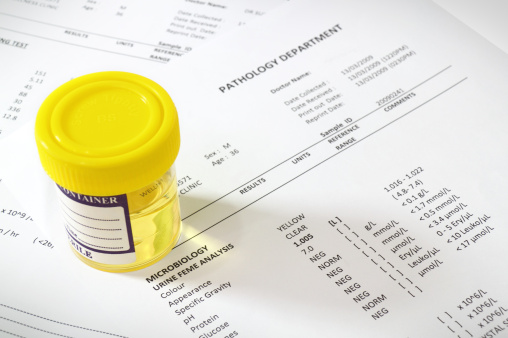Increased need for sleep a warning sign for dementia?
New research has found an association between seniors who suddenly begin sleeping longer hours and an increased risk of dementia. Older adults who began sleeping more than nine hours a night saw their risk of developing dementia later in life more than double, while those who found they suddenly needed more sleep and did not ...click here to read more


